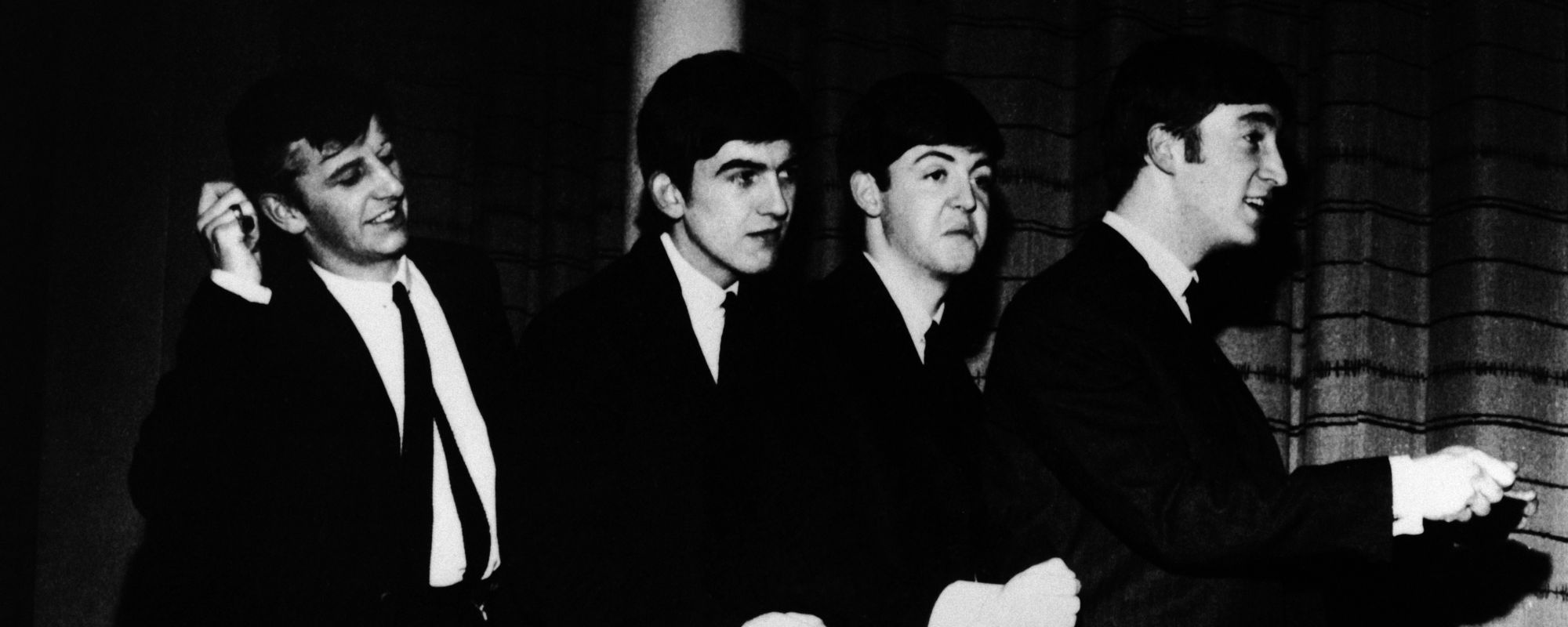Some songwriters reveal autobiographical details and personal feelings without any inhibition. While that approach can be an effective technique if handled well, it can also rob the song of relatability to the audience at large.
Videos by American Songwriter
Elvis Costello tends to cloak his own desires, ruminations, and regrets within his songs. In a masterful work like “Man Out Of Time”, his inner workings still show themselves. But they do so in ways that listeners might recognize from within their own lives.
‘Bedroom’ Stories
On his 1982 album Imperial Bedroom, Elvis Costello decided that he’d use the studio as a weapon. Costello had been a member of The Beatles fan club as a youth, and he always admired the ability of The Fab Four to create studio magic that embellished the power of the songs they were writing.
To that end, he even hired Geoff Emerick, engineer on many Beatles’ records, to help produce the album. He also made the wise decision to let songs like “Man Out Of Time” breathe a bit. The original version was played at hyperspeed, with Costello screaming out the lyrics. (You can hear a little bit of that early version at the beginning and end of the song.)
Costello slyly references some real-life scandals that were taking place in the United Kingdom at that time. In many cases, these events were distinguished by the unseemly behavior of people who were considered the elite of society.
But “Man Out Of Time” also contains some lyrics that refer to Costello’s state of mind around that time. As he dealt with the pressures of the music business, Costello often found himself disgusted with his own behavior. That seeps into the lines of this stellar song.
Exploring the Lyrics of “Man Out Of Time”
Don’t go trying to connect all the dots in linear fashion when looking for the meaning of “Man Out Of Time”. The song is more like a series of snapshots, capturing people behind closed doors where their secret actions often contradict their public persona. By not naming names, Costello keeps us focused on the emotional turmoil of the various characters.
Right off the bat, there’s subterfuge. “So this is where he came to hide,” Costello begins. “When he ran from you/In a private detective’s overcoat / And dirty dead man’s shoes.” But it is not a comfortable hideaway. Instead, it’s filled with paranoia. “Because the high heel he used to be has been ground down,” Costello explains. “And he listens for the footsteps that would follow him around.”
In the second verse, we find out the toll that his indiscretions play on those around him. “For his private wife and kids somehow / Real life becomes a rumor.” As he drinks to ward off the demons, his vices are his closest friends. “He’s got a mind like a sewer and a heart like a fridge,” sings Costello, before launching into a punchline so funny it hurts. “He stands to be insulted and he pays for the privilege.”
In the final verse, the victims and the victimizers come together at the scene of the crime. Costello then saves one of his most withering observations for that most sentimental of emotions. “Love is always scarpering or cowering or fawning,” he sings. “You drink yourself insensitive and hate yourself in the morning.”
Only in the chorus does Costello hint that the narrator might be trying to hide his own misdeeds in this tortured narrative. “To murder my love is a crime,” he muses, before asking for mercy. “But will you still love a man out of time?” “Man Out Of Time” finds Elvis Costello walking a scintillating high wire act, balancing between tabloid journalism and naked confession.
Photo by Ebet Roberts/Redferns












Leave a Reply
Only members can comment. Become a member. Already a member? Log in.